On February 23, a conference entitled “Wielkopolska’s path to climate neutrality” was held at the Marshal’s Office of the Wielkopolska Region in Poznań. It was the 2nd Conference opening the project “Life After Coal PL – Implementation of the Strategy for Climate Neutrality – Eastern Wielkopolska 2040”.
The conference was opened by the Marshal of the Wielkopolska Voivodeship, Mr. Marek Woźniak, who outlined the problem of the transformation of Eastern Wielkopolska and called Wielkopolska a model example of transformations related to the departure from coal in Europe.
“We managed to create a climate of social dialogue around the transformation taking place in Eastern Greater Poland.”
The most important directions of changes in the national climate policy were discussed by the Minister of Climate and Environment, Ms. Paulina Hennig-Kloska, who emphasized the role of local government units in the process of change. The Minister spoke about the need to create trends, new technologies, while listening to the voice of society, skillful dialogue and the supporting role of the government.
“The role of the government is to support, support the regions, support entrepreneurs, support citizens in the process of moving away from coal and in the process of achieving climate goals.”
Anna Clunes, Ambassador of the United Kingdom of Great Britain and Northern Ireland to Warsaw, and Catherine Godin, Ambassador of Canada to Poland, spoke about the coalition of national and local governments, businesses and organizations working to accelerate the transition from coal-fired power generation to clean energy.
The LIFE programme as a helpful tool for the transition towards a sustainable, energy-efficient, renewable energy-based, climate-neutral and resilient economy was presented by Paloma Aba Garrote, Director of the European Executive Agency for Climate, Infrastructure and Environment (CINEA) and Hans Rhein, Head of Unit LIFE Energy + LIFE Climate.
Then a recording was played in which, especially for the conference, Axel Vogel, Minister of Agriculture, Environment and Climate Protection of the State of Brandenburg, spoke about Brandenburg’s activities to meet climate requirements.
The next speaker was Mr. Robert Gajda, Vice-President of the National Fund for Environmental Protection and Water Management, who introduced the audience to the issue of support for pro-climate actions within the framework of the National Fund for Environmental Protection and Water Management.
An important point in the program was the ceremonial signing of the Powering Past Coal Alliance (PPCA) declaration. PPCA is a coalition of national and local governments, businesses and organizations working to accelerate the transition from coal-fired energy production to clean energy. The document was signed by: Marek Woźniak, Marshal of the Wielkopolska Region, Anna Clunes, Ambassador of the United Kingdom of Great Britain and Northern Ireland in Warsaw, Catherine Godin, Ambassador of Canada to Poland.
After a short break, Prof. Ph.D. Paweł Churski, Dean of the Faculty of Socio-Economic Geography and Spatial Management at Adam Mickiewicz University in Poznań, introduced the debate by talking about the development challenges of coal regions in the context of energy transformation. The following people took part in the expert debate on the energy transformation of the regions: Jacek Bogusławski, Member of the Wielkopolska Province Board, Maciej Sytek, Proxy of the Wielkopolska Province Board for the Restructuring of Eastern Wielkopolska and President of ARR S. A. in Konin, Prof. Ph.D. Paweł Churski, dziekan WGSEiGP UAM, Piotr Woźny, prezes Zarządu ZE PAK SA, Joanna Furmaga, prezeska Zarządu ZS Polska Zielona Sieć, Jakub Gwit, wójt Gminy Powidz.
Finally, the project manager, Dr. Jacek Willecki, spoke about the most important challenges in the Life After Coal PL project, stating, among others:
“[…] An important element is social acceptance, we do not want to leave anyone behind, we want to apply inclusive measures, inclusive economy and thanks to the network of city climate advisors and the group of district climate advisors, we are trying to make our project leaders introduce changes locally […]”

 26 February 2024
26 February 2024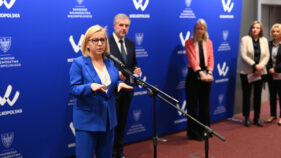
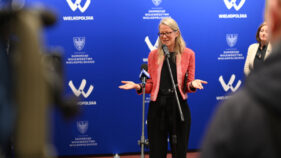
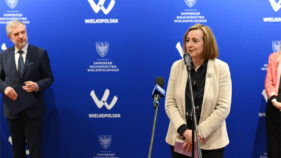
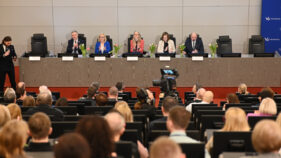
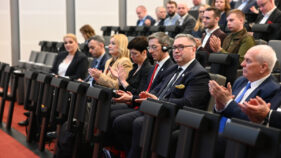
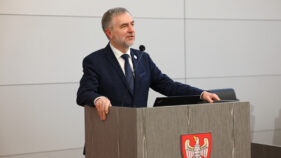
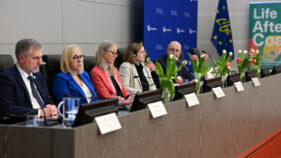
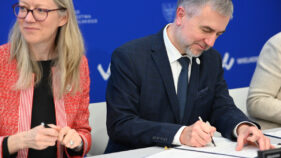
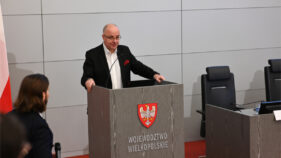
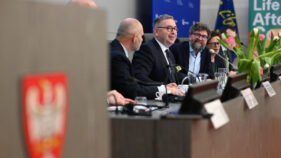

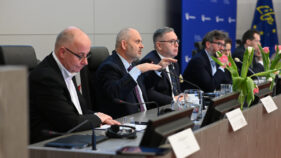

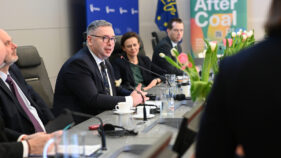


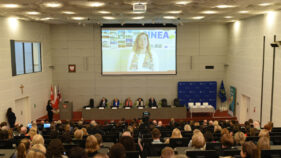
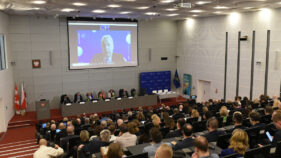
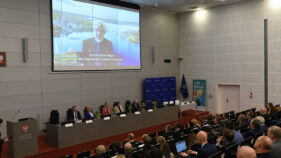

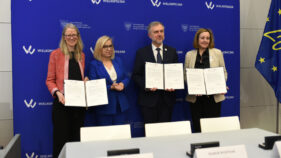

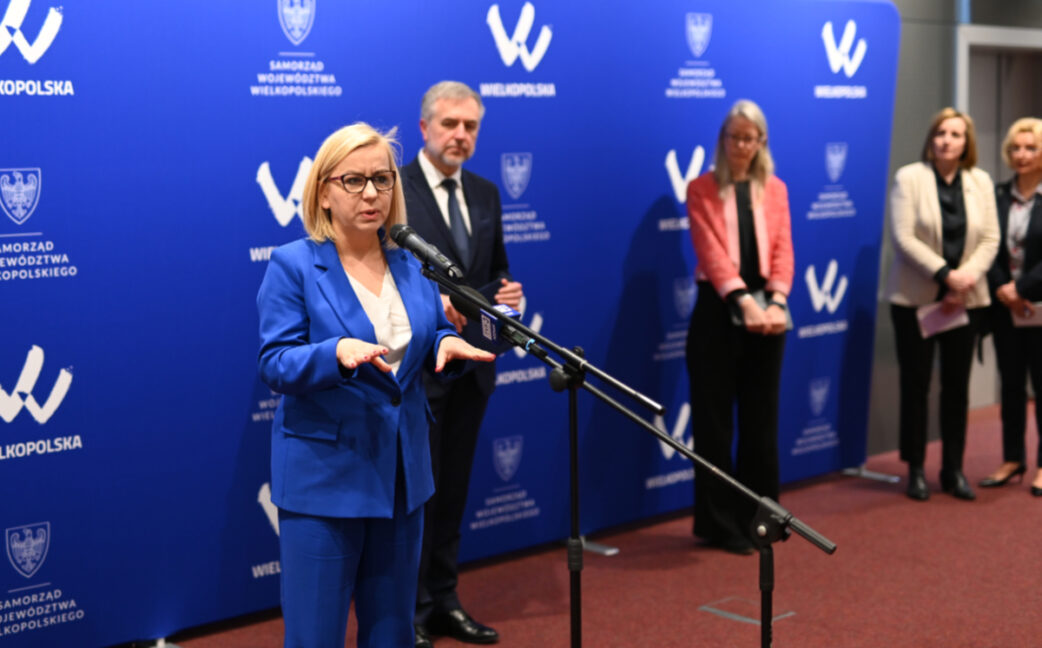

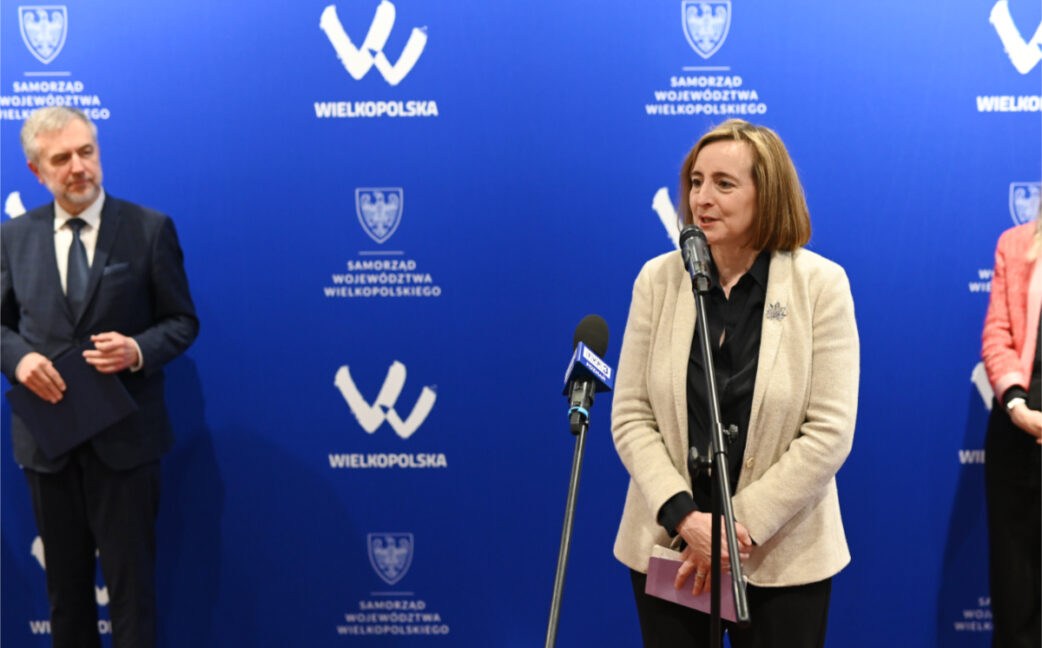


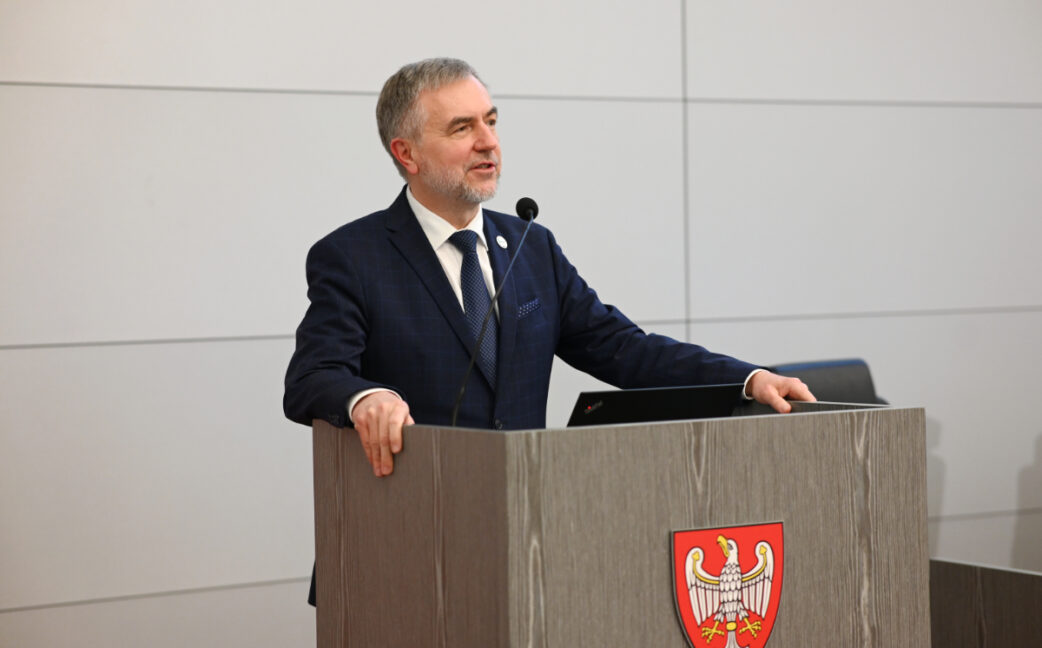
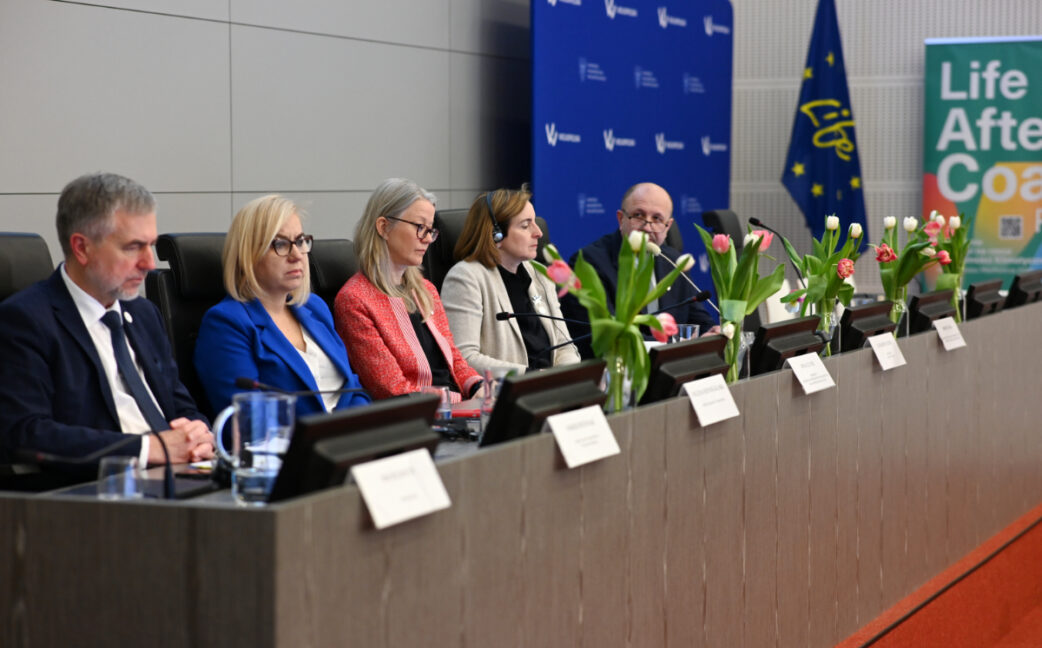
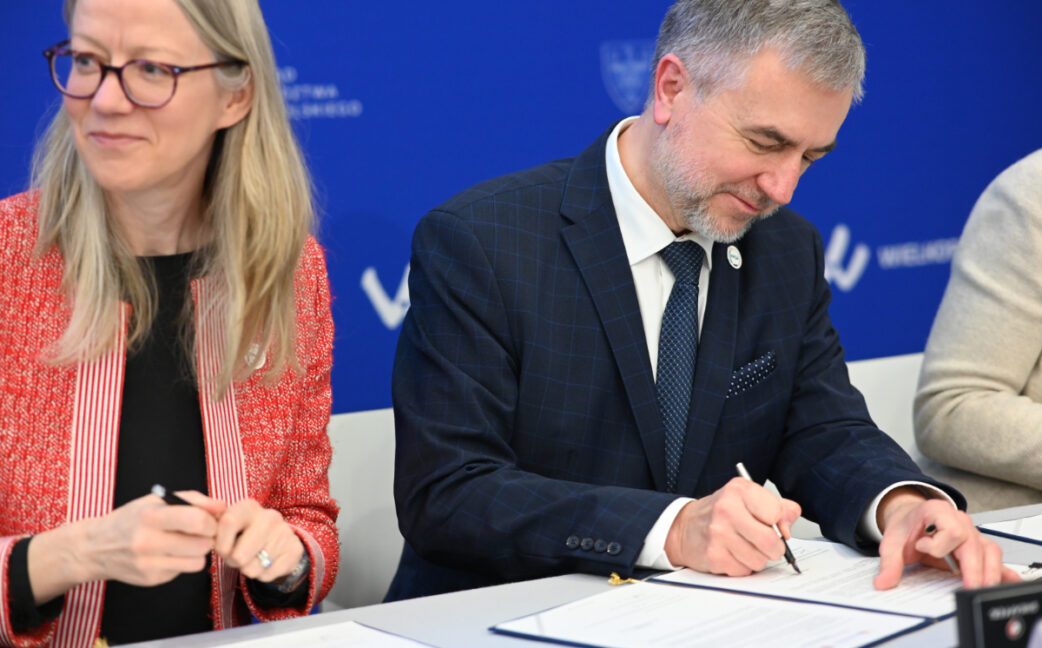
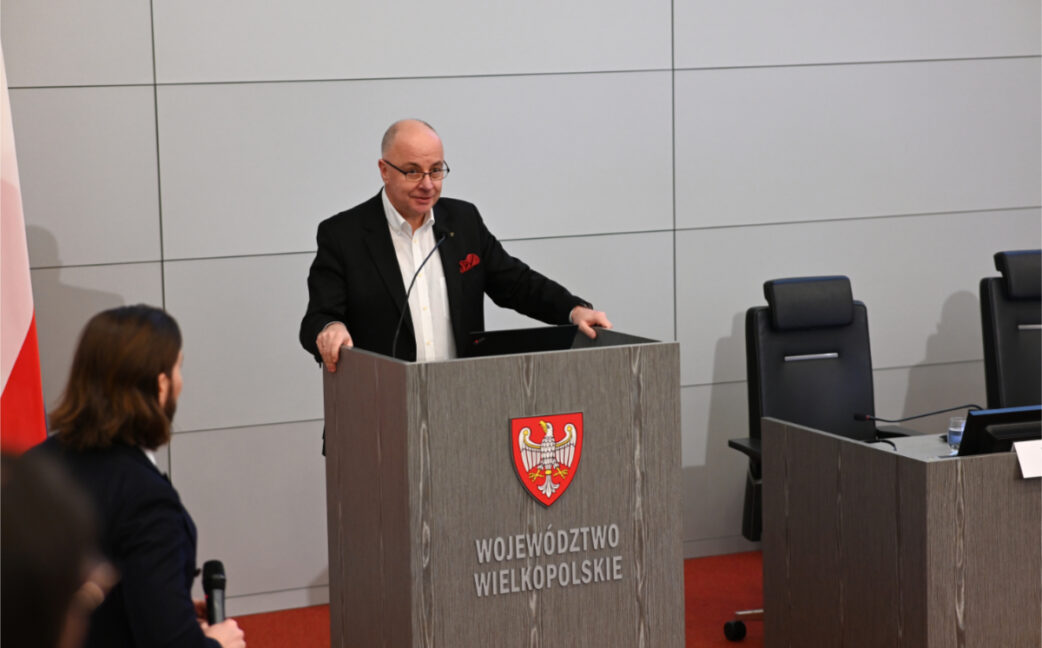
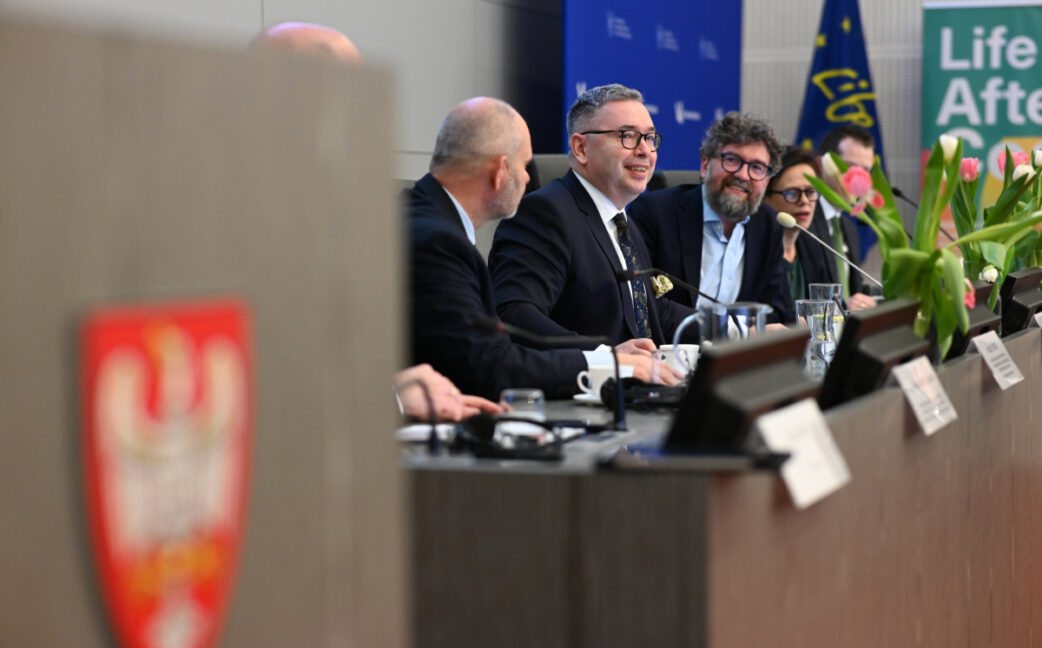
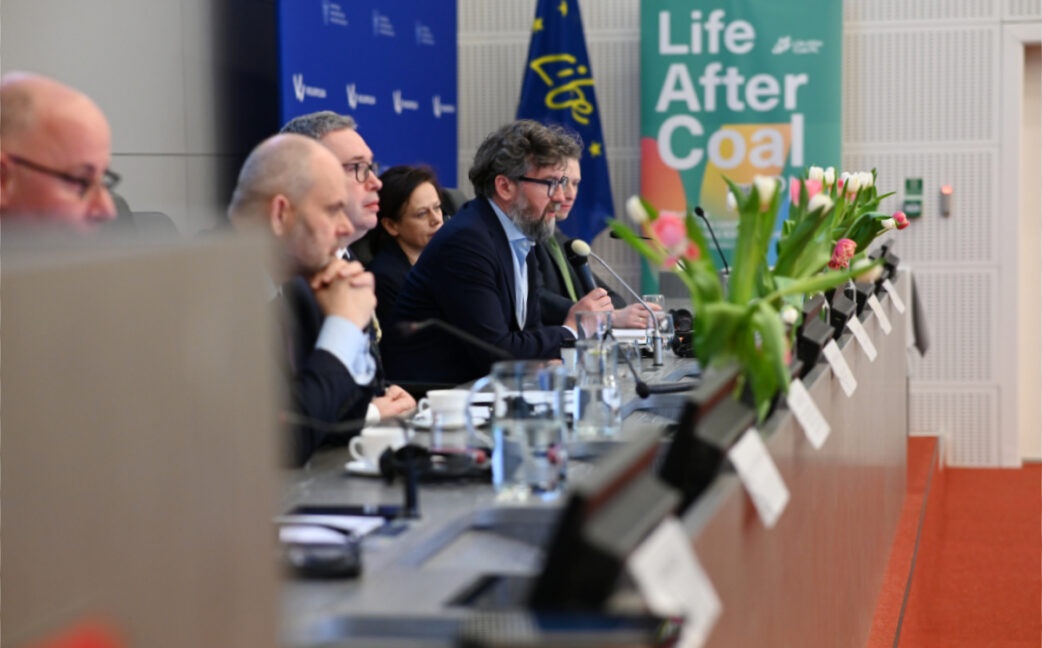
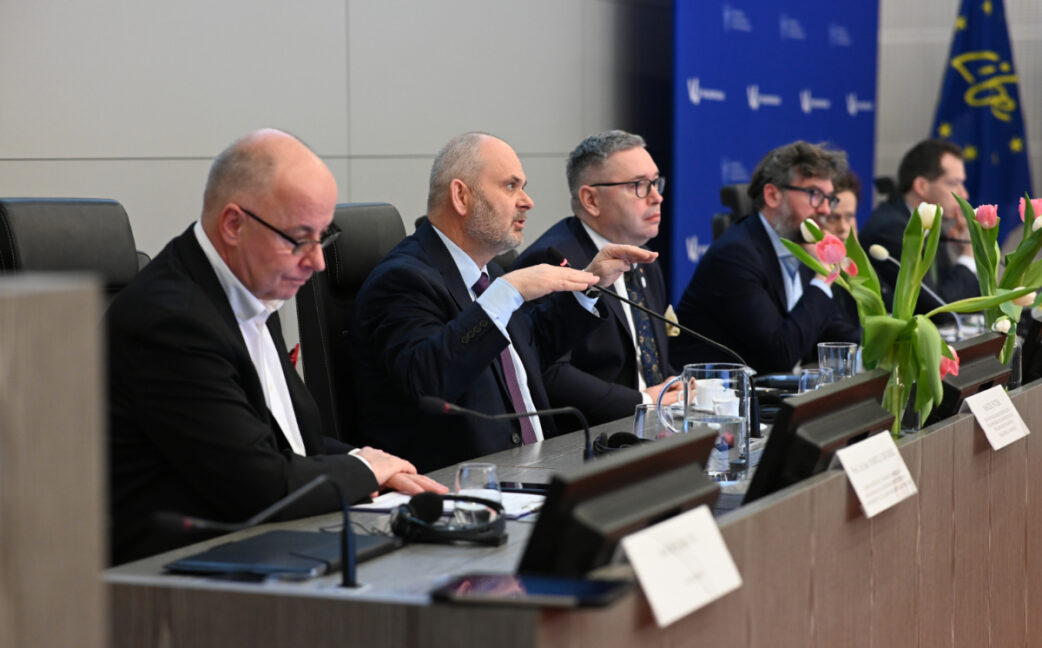

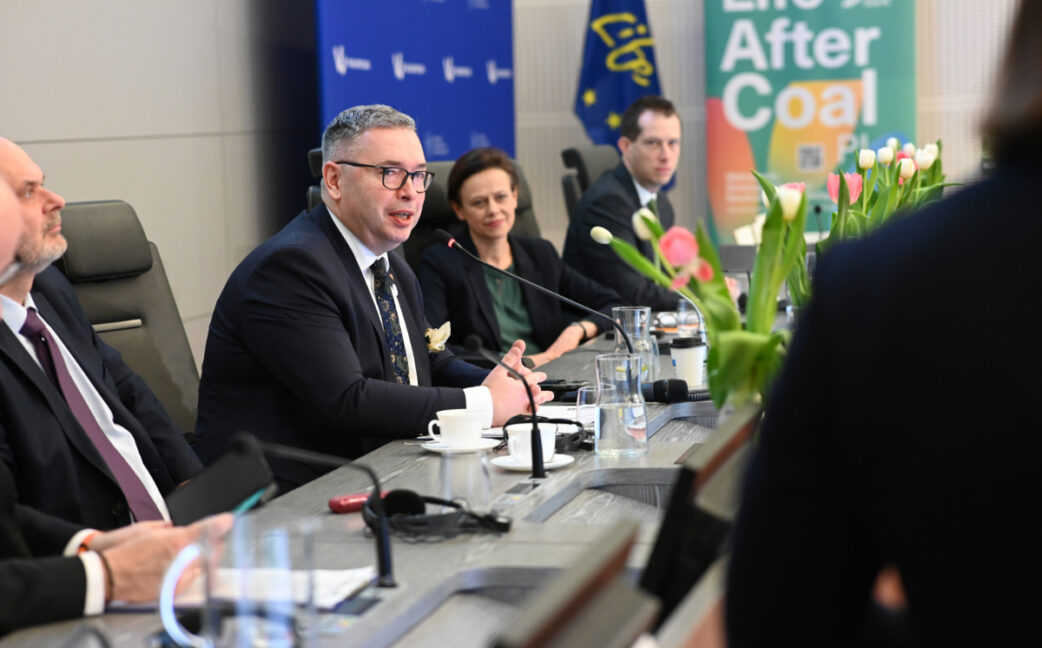
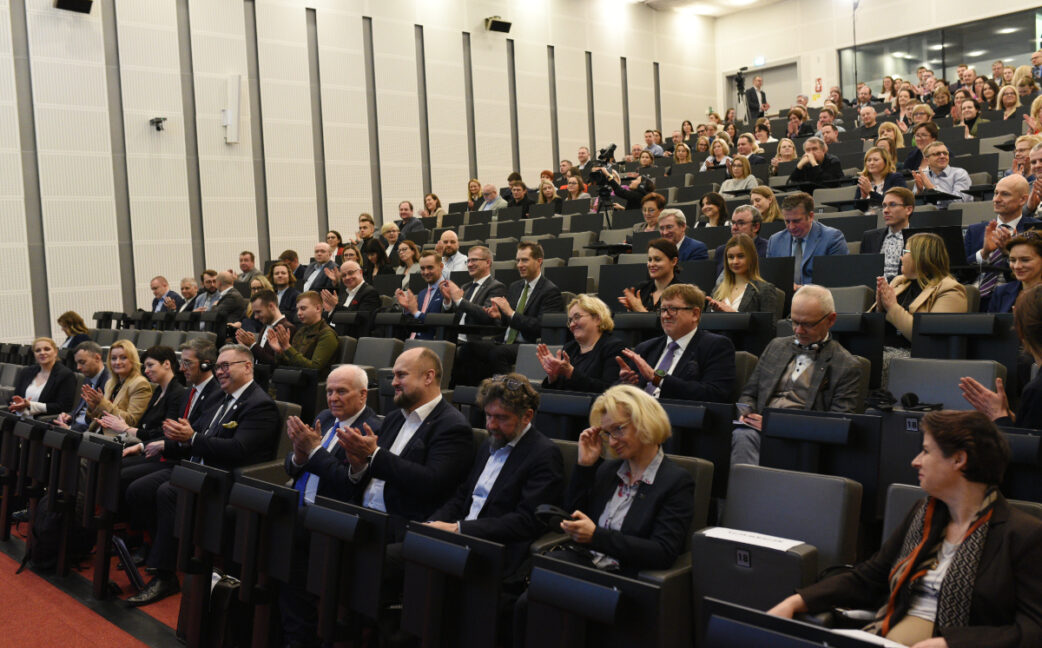

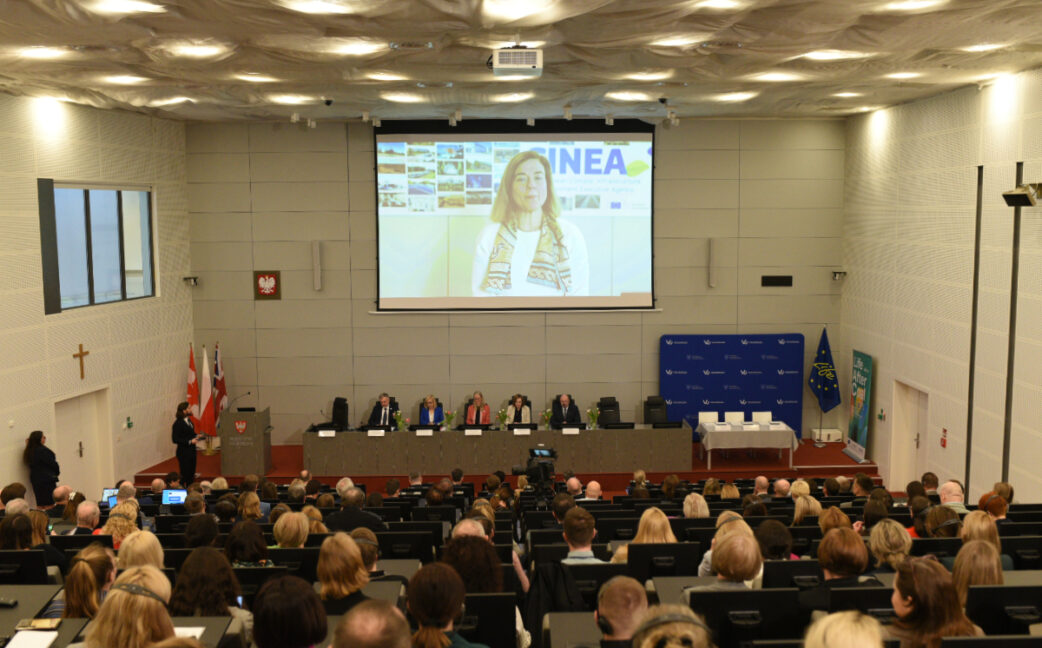

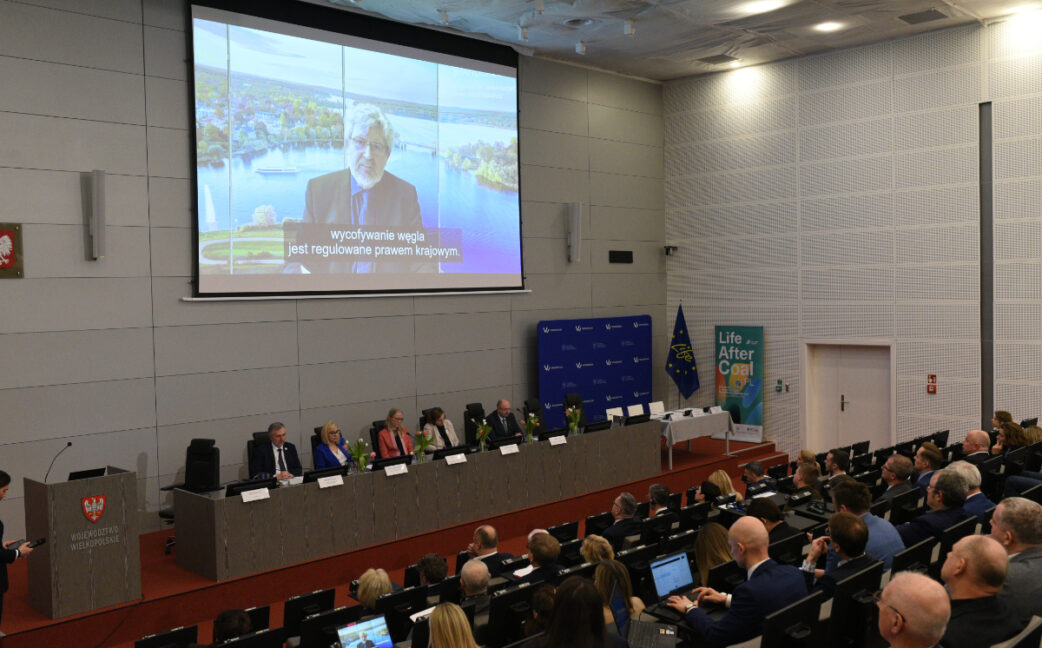
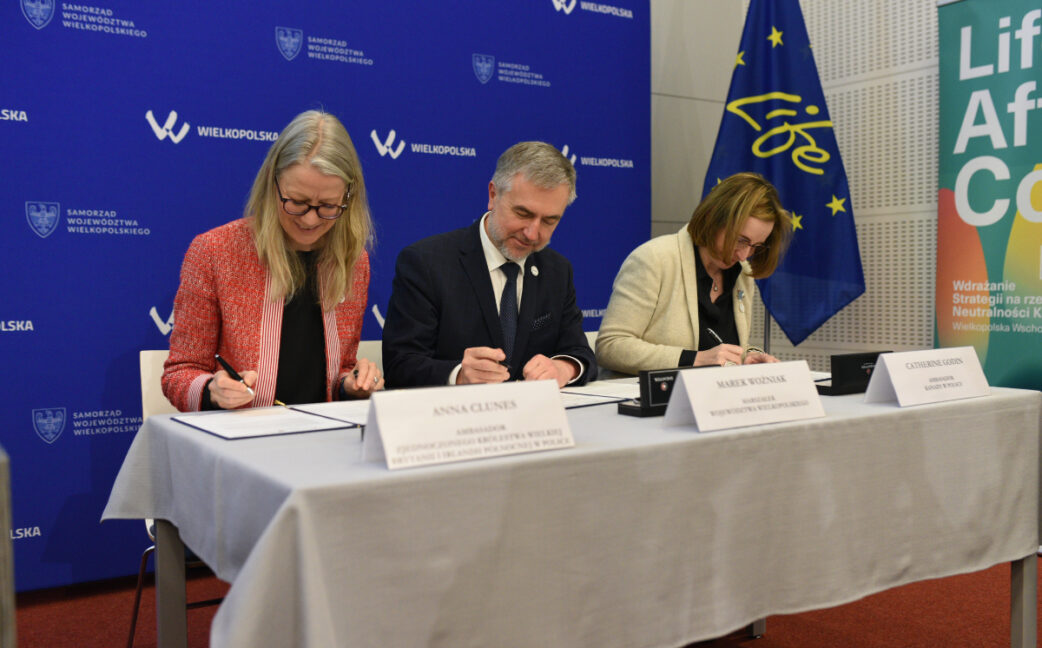
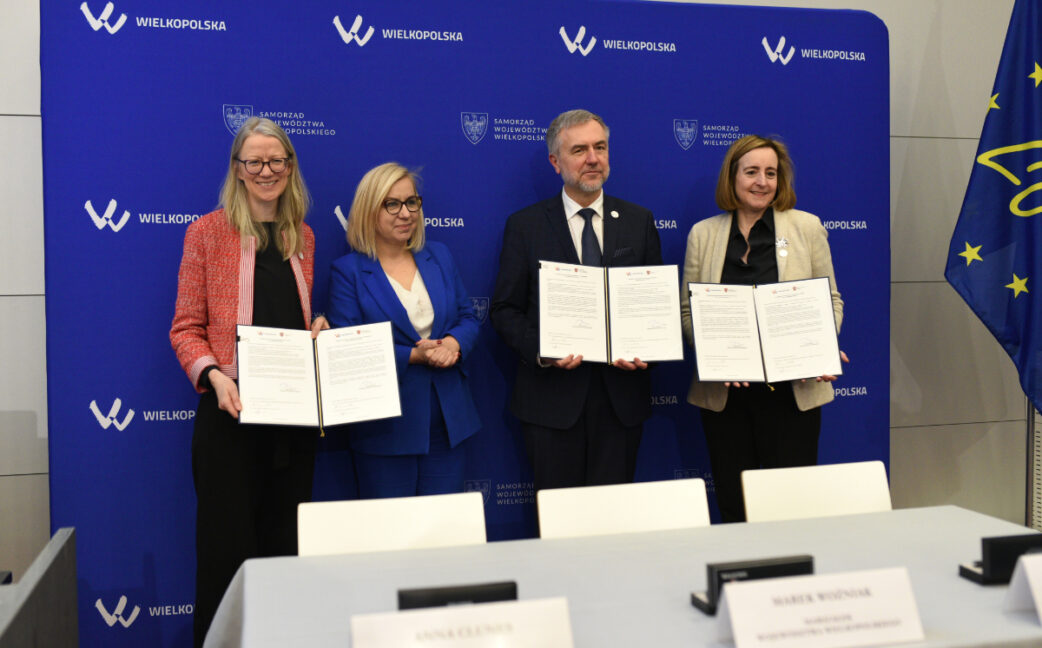
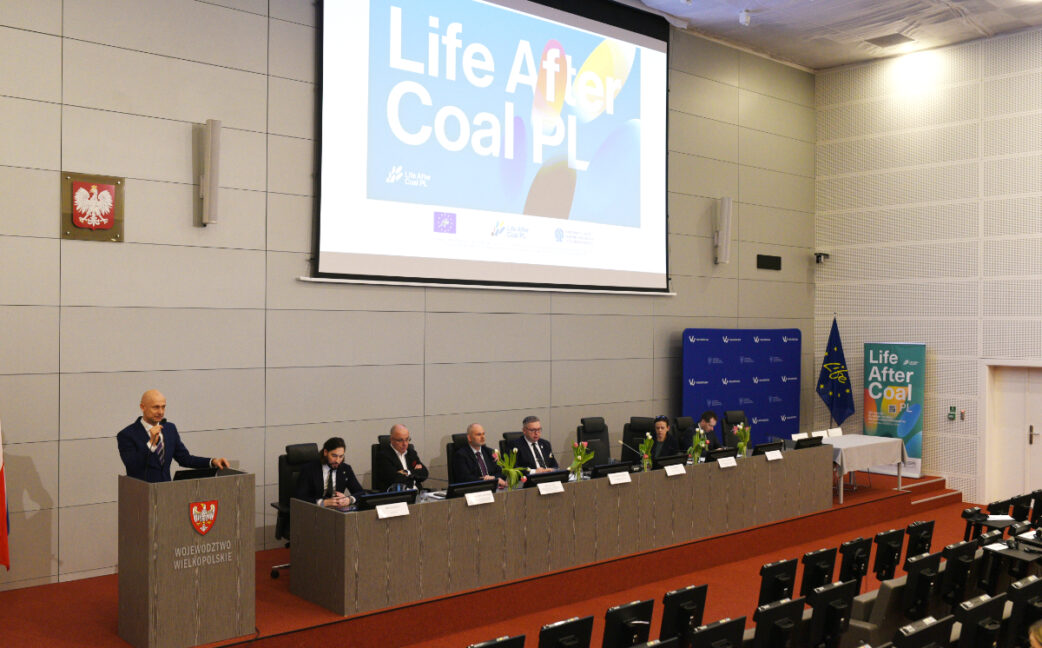
 1 July 2025
1 July 2025